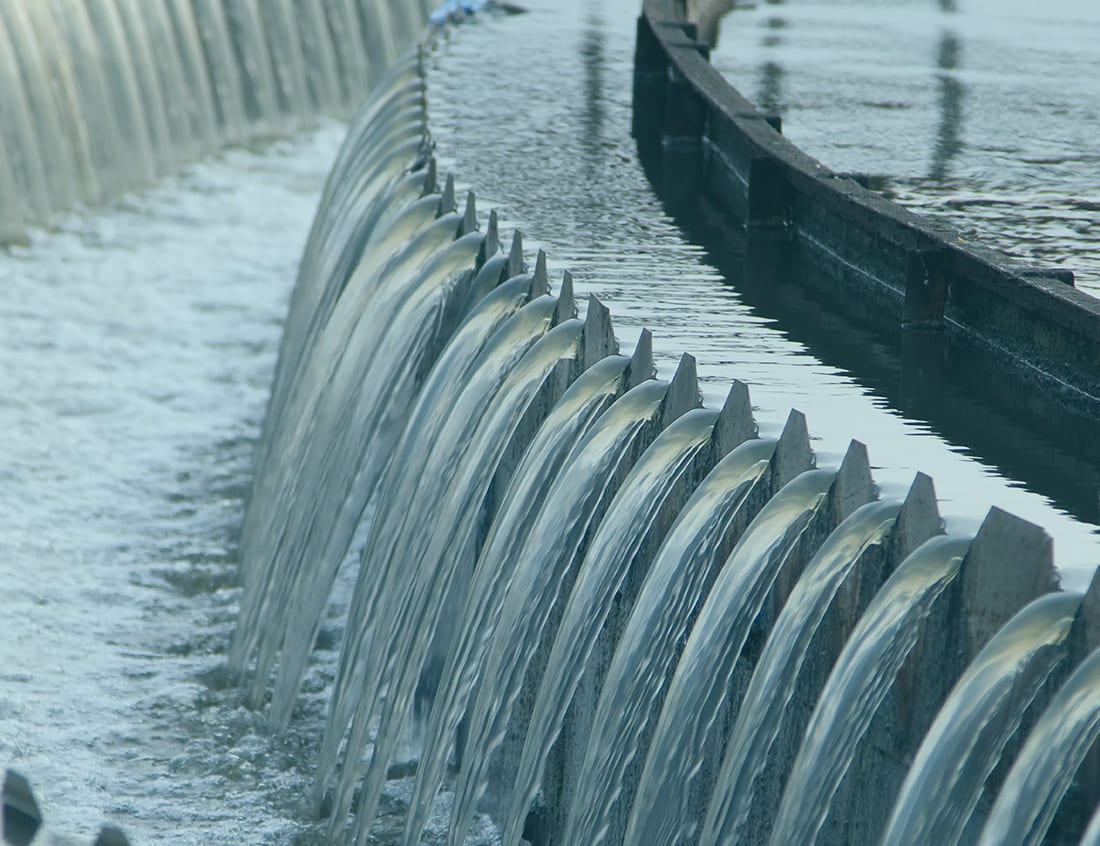Industrial Effluent Treatment in Wastewater
Industrial effluent is wastewater that is produced by industries as an undesirable by-product. It can contain a variety of pollutants, including organic matter, inorganic compounds, heavy metals, and toxic chemicals. Industrial effluent treatment is important to protect the environment and public health.
There are a variety of methods for industrial effluent treatment. The most common methods are:
- Physical treatment: This method removes suspended solids and other large particles from the effluent. Physical treatment methods include screening, sedimentation, and filtration.
- Chemical treatment: This method uses chemicals to neutralize acids and alkalis, remove dissolved solids, and oxidize organic matter. Chemical treatment methods include precipitation, flocculation, and oxidation.
- Biological treatment: This method uses microorganisms to break down organic matter. Biological treatment methods include activated sludge, trickling filters, and rotating biological contactors.
- Advanced treatment: This method uses more specialized techniques to remove specific pollutants. Advanced treatment methods include membrane filtration, reverse osmosis, and ozonation.
The choice of treatment method will depend on the specific pollutants in the effluent, the desired level of treatment, and the budget. In some cases, a combination of methods may be used.
In addition to the treatment methods mentioned above, there are a few other things that can be done to control industrial effluent. These include:
- Reducing the amount of pollutants generated by the industry.
- Using cleaner production technologies.
- Recycling and reusing water.
- Landfilling or incineration of hazardous wastes.
Industrial effluent treatment is an important part of protecting the environment and public health. By using the right methods, industries can effectively treat their effluent and prevent it from contaminating the environment.
Here are some additional details about the different methods of industrial effluent treatment:
- Physical treatment: This method is often used as a first step in effluent treatment. It is relatively inexpensive and can remove a significant amount of suspended solids and other large particles. Physical treatment methods are not very effective at removing dissolved solids or organic matter.
- Chemical treatment: This method is used to remove specific pollutants, such as acids, alkalis, and heavy metals. Chemical treatment methods can be very effective, but they can also be expensive and produce harmful byproducts.
- Biological treatment: This method is the most effective way to remove organic matter from effluent. Biological treatment methods are relatively inexpensive and produce no harmful byproducts. However, they can take a long time to be effective and require careful monitoring.
- Advanced treatment: This method is used to remove specific pollutants that are not effectively removed by other methods. Advanced treatment methods can be very expensive and require specialized expertise.
The choice of treatment method will depend on the specific pollutants in the effluent, the desired level of treatment, and the budget. In some cases, a combination of methods may be used.
Contact ChemREADY today to schedule an assessment today.
About The Author
Nick Piskura is the Marketing and Web Development Specialist at ChemREADY who utilizes expertise in digital marketing strategies to provide knowledgeable insights in each segment of our business. Nick provides insights through web development and multimedia resources that support ChemREADY’s full range of services, including Legionella management, ANSI/AAMI ST108 compliance, boiler and cooling tower treatment, wastewater processing, and industrial water quality solutions.

